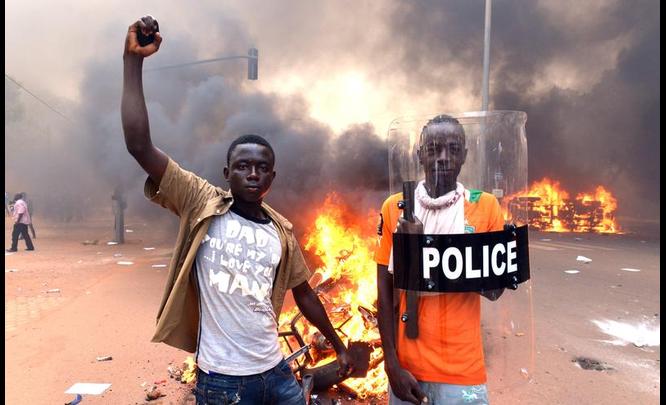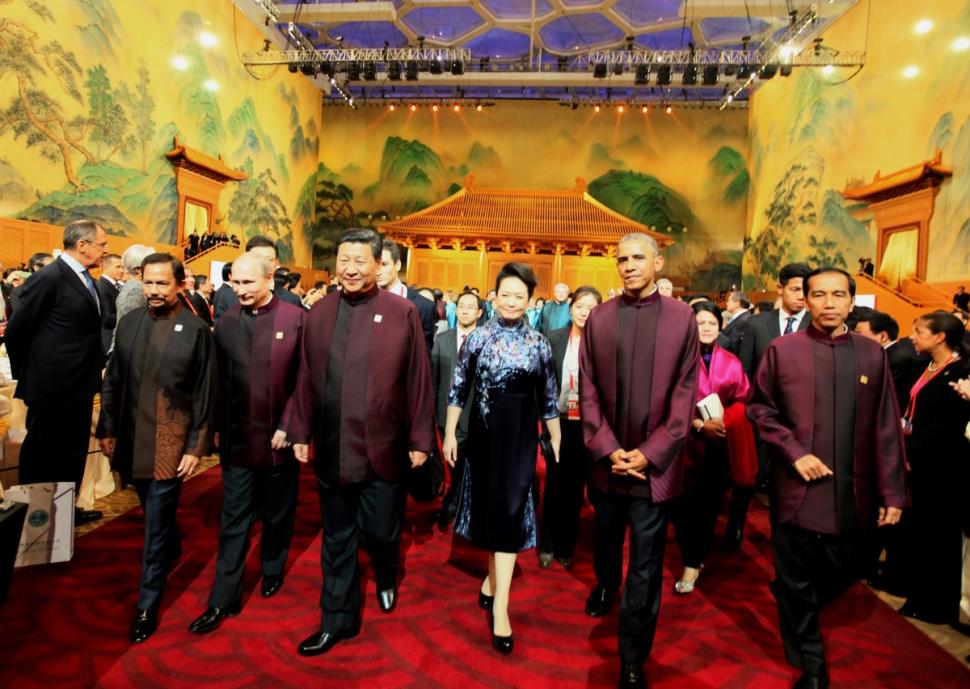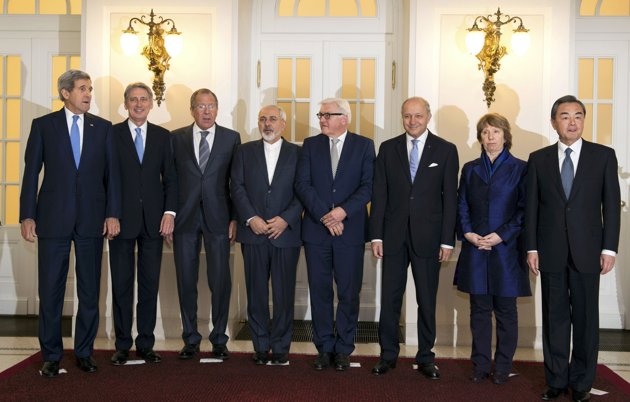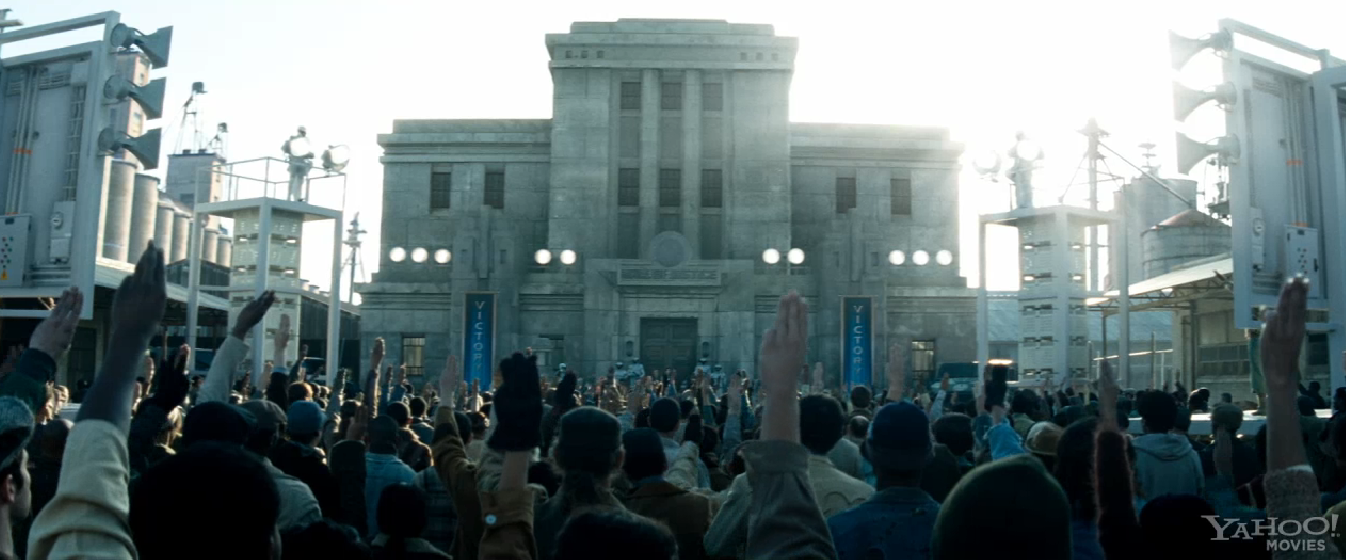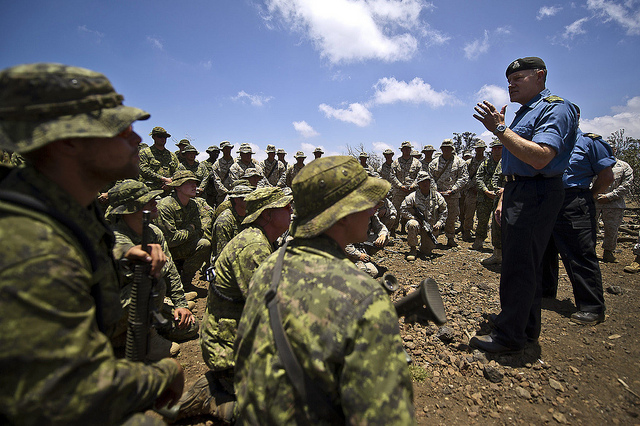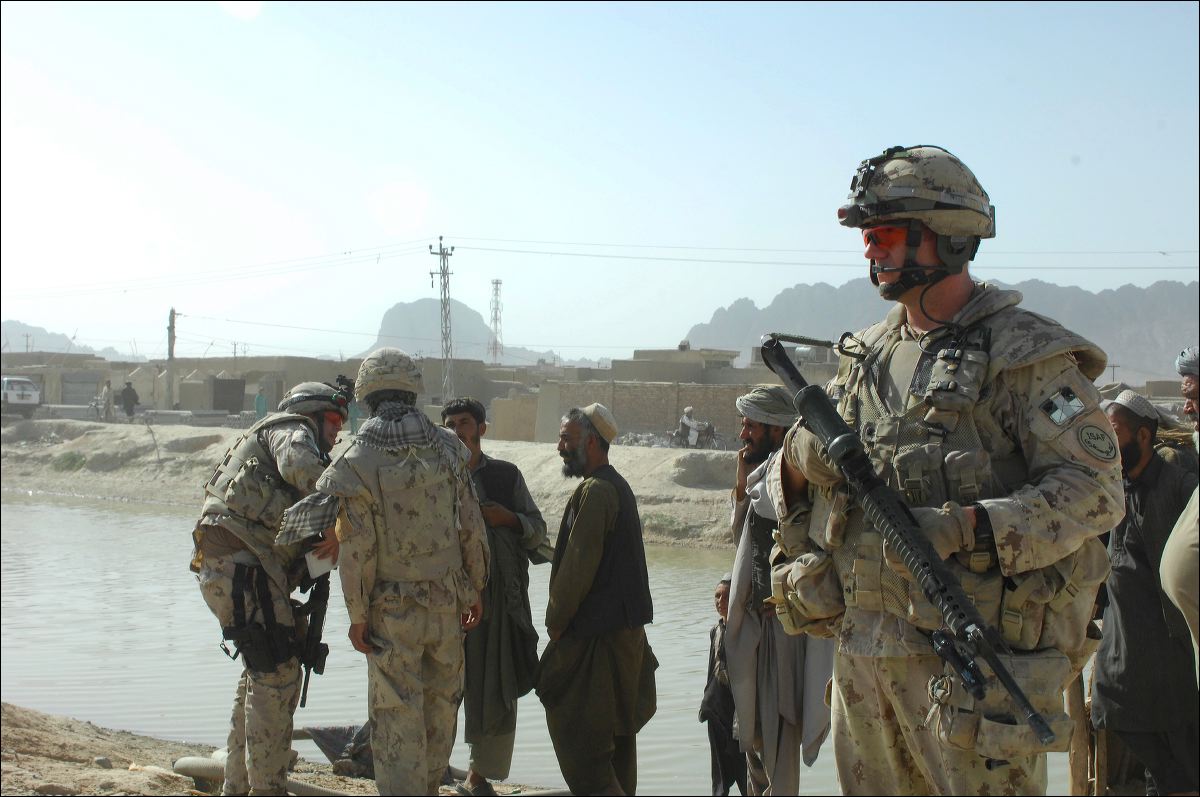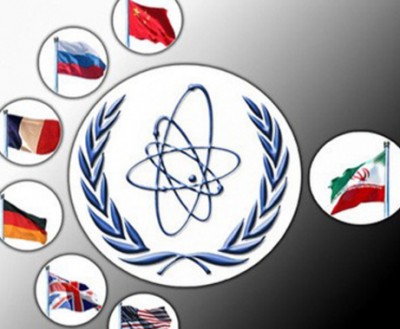History repeats itself as military officials form the new government in Burkina Faso after civilian protests.
Society, Culture, and Security
The NATO Association of Canada’s Society, Culture, and Security program takes a look at the issues that impact Canadians’ every day lives while connecting them to international relations. The program covers a wide range of topics, which include: pop culture, art, film, global events, and socio-political relations. In addition, Society, Culture, and IR aims to examine and provide in-depth analyses that relate international affairs to the interests of Canadian society.
The Serious and Entertaining Sides of the 2014 APEC Summit
The 2014 Asia-Pacific Economic Cooperation (APEC) Summit took place in Beijing between 10-12 November. Environmental and geopolitical issues, both regional and global, were discussed over the course of 48 hours, and agreements were reached, some of them exceeding expectations. In addition to reaching an agreement on gas emission with U.S. President Barack Obama, Chinese President Read More…
Iran Talks: The Nuclear Non-Proliferation Treaty
Rija Rasul discusses the recent nuclear negotiations between Iran and the P5+1.
A War for Freedom and Democracy? Remembrance Day and the First World War
Justin Fantauzzo considers the meaning of Remembrance Day and the widening gap between the realities of the First World War and the ceremonies that mark its end.
The Hunger Games Are Coming To Thailand
The pop-culture phenomenon, “The Hunger Games” is influencing society’s relationship with their governments around the world.
Let’s Talk About Military Suicide
In light of recent attention being paid to issues facing the Canadian Armed Forces, Ben Abonyi examines suicide in the military.
Current State of Mental Health in the Canadian Forces
In his latest article, Craig Moorhead discusses issues of mental health in the Canadian Armed Forces.
Nuclear Scramble
In her latest article, Sayde-Hope Crystal discusses last-minute diplomatic efforts between the P5+1 in a bid to meet Monday’s deadline for reaching a nuclear deal.
Searching for a New Normal
As the Iranian nuclear talks yet again reach a peak, there has of course been a lot of chatter about the potential outcomes of a deal.
The Facts: Terrorism in 2013
In her latest article, Rija Rasul explores The Global Terrorism Index 2014 Report, and remarks on some interesting findings.

